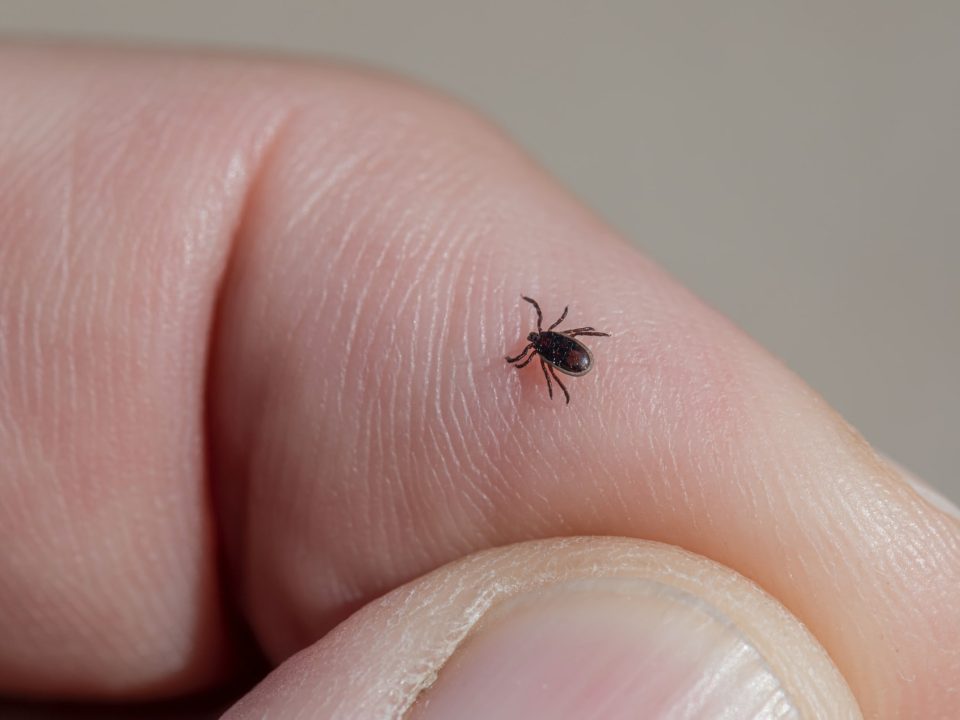
Tips for Better Sleep
September 27, 2020
How Stress Affects Your Health
October 28, 2020
Knowing how eating habits affect your health can be the key to unlocking short and long-term health problems. Photo by Brooke Lark on Unsplash
Our diets impact so much of our health – our bodies, minds, and everything in-between. For some, what we eat is just about fueling our bodies, but for others, what we eat is impacted by years of habit and comfort. Knowing how eating habits affect your health, both physically and mentally are a big part in helping your body heal, stay protected from disease and breakdown, and can help our brains stay healthy, too. Learning healthy ways to power our days through a healthy, nutritional diet, can help us fight off infection and disease, and can help us overcome ailments that may be suddenly presenting, or we’ve lived with our whole lives.
Sometimes, speaking to a health coachhealth like the experienced and caring professionals we have at IWC Philly, can lead to the start of a healthier, better quality of life. Below we’ll take a look at some ways eating a less nutritional diet can impact your health in negative ways, and a few ways that a good diet can assist in a better quality of health.
How Eating Habits Affect Your Health – The Good, the Bad, and the Ugly
A recent study observed that too much sugar, added fats, or salt can cause a higher risk of certain diseases or disorders to most people. Heart disease, stroke, and diabetes are the top 3 issues an unhealthy diet can lead to, but the ball doesn’t stop there. Too much or too little of any kind of food can lead to some temporary, and many lifelong health problems. While every body is different, and we all process and metabolize our foods differently, the effects of an unhealthy diet transcend all demographics of people.
Here are some negative impacts an unhealthy diet can have on your physical health:
- Too much or too little food – Being overweight or underweight can both have very serious health issues. For some, struggling to maintain a lower weight is a challenge they’ve battled with their whole lives. On the flip side of the coin, undereating carries its own set of health problems. Being overweight can lead to cardiovascular issues, heart disease, respiratory complications, and even mental health problems, to name a few. Being malnourished can affect our bone density, fertility complications, anemia, fatigue, and even a weakened immune system,
- Tooth decay and mouth health – No matter how much you brush, a diet with an excess of sugar can contribute to the excess production of plaque acids and create a cozy environment for bad bacterias. This can lead to gum disease and tooth decay.
- High blood pressure and cholesterol – Bad blood pressure and bad cholesterol levels don’t just impact overweight adults; thin and even fit people of all ages can be at risk of heart disease and other illnesses related to their blood pressure and cholesterol. Eating a diet full of unhealthy fats and excess process sugars and salt can impact these levels. This includes people who are genetically predisposed to these conditions.
- Depression and mental health – Studies have shown that the effects of a poor diet on mental health can be compounding, and in some cases, an unhealthy diet can exacerbate some mental disorders. A healthy diet rich in vitamins and essential fats can affect developmental growth both in the womb and during childhood. While the direct link between unhealthy eating and most mental health disorders has not been pinpointed, a healthy diet helps us feel healthy, which can in turn have a positive and mood-boosting effect on our mental psyche.
So What Types of Food Should We Be Eating to be Healthy?
Of course, fried foods, sugar, and foods full of fat tend to taste better to most, and it can seem hard to prepare meals and snacks that are healthier all around, being more aware of our healthy eating habits can have a big impact on our health. Eating foods that are high in unhealthy components can make it more difficult for our bodies to break down and utilize the healthy foods we do eat, further taking away from their health benefits. Of course, every person’s diet should vary based on recommendations from their medical professional, but here are a few tips to maintaining a healthy diet.
- Don’t drink your calories – This is especially true for sugar calories. Some people utilize shake type drinks during their weight training or fitness programs, but sugary drinks should be replaced with water if possible.
- Avoid processed foods – Delicious, fresh fruits and vegetables are your best source for vitamin-rich, nutritious fuel. Cooked and processed foods can lose some of their nutritional value, so if you can get it straight from the produce section, that’s great.
- Eat nuts – Food allergies aside, nuts are a great source of vitamins and healthy fats. Some studies even show that eating nuts can help boost your metabolism, and assist in weight loss.

Still hungry? Try replacing a processed snack with a handful of nuts or homemade trail mix. Understanding your eating habits and your physical health can help you achieve a healthier, happier lifestyle. Photo by Usman Yousaf on Unsplash
- Probiotics and fiber – Your gut health can play an integral part in your overall health. After speaking with your medical professional, especially when it comes to chronic disorders, adding probiotics to your diet can help the healthy flora and bacteria in your digestive tract to function more efficiently.
- Get enough protein – Not only is protein contains essential nutrients for brain and body health, but it can help keep you fuller, longer. Eating a healthy amount of lean meat can help boost your metabolism, all the while keeping you from snacking on junk food.
- Cook with spices and herbs – Many herbs and spices contain nutritional benefits that can boost in other immune and digestive processes. Ginger for example has powerful antioxidant and inflammatory properties.
- Drink enough water – Our bodies are made up of up to 60% water! To help with kidney function and to help our bodies do all the amazing things we do, water should be the number one staple in our diet.
- Get your Omega-3s – Some nuts and many types of fish are a great source of Omega-3 fats. Omega 3s are important for a variety of body functions, but most notably, they help our hearts and keep our cardiovascular functions up to snuff.
We know that eating healthy isn’t always easy or affordable, and in some cases, can be pretty inconvenient. Take serious changes in your diet one step at a time, and be sure to give us a call for a Health Coach appointment to help get you started on the right path. Perhaps this week we cut out the sodas, and next week we replace one snack a day with nuts and fruits, and before you know it, you’re feeling better and on your way to a healthier lifestyle.



